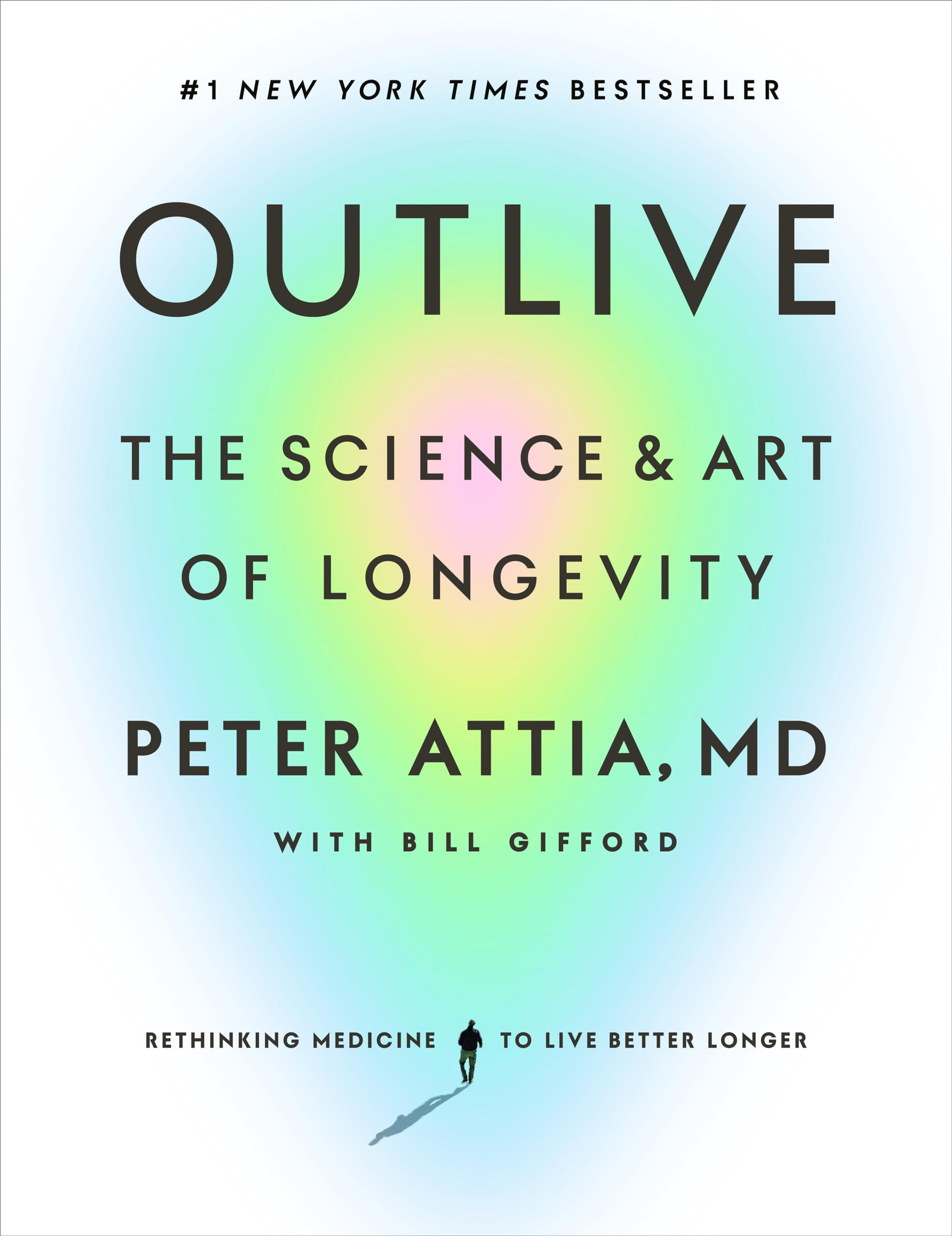Chapter 3: Objective, Strategy, Tactics: A Road Map for Reading This Book
byChapter 3 of Objective, Strategy, Tactics – A Road Map for Reading This Book explores the importance of taking a structured, strategic approach to health and longevity. The chapter begins with the author reflecting on a funeral he attended, where he observed the significant physical and cognitive decline that often accompanies aging. This experience highlights a common trajectory in later life—one where individuals, despite their earlier years of independence, gradually lose their ability to function optimally due to poor health planning.
A key concept introduced is the “Marginal Decade,” which refers to the last ten years of life when many experience a rapid decline in mobility, strength, and mental sharpness. The author argues that while aging is inevitable, it is possible to influence the quality of those final years through early, intentional health interventions. Rather than resigning to the idea that the last stage of life must be marked by illness and dependence, the chapter encourages readers to proactively implement habits that will allow them to maintain independence and vitality as they age.
Longevity, as the author explains, is not just about extending lifespan but ensuring that those additional years are lived in good health. Many people focus on reacting to health problems as they arise rather than taking preventive steps to mitigate them in advance. The chapter urges readers to shift this reactive mindset into a proactive one—making strategic choices that protect long-term health rather than waiting until issues become unmanageable.
The author draws an analogy between health planning and military strategy, borrowing insights from Sun Tzu’s The Art of War. Just as an effective military campaign requires long-term planning rather than impulsive decision-making, a well-thought-out approach to health is essential for achieving longevity. This idea is reinforced with a comparison to Muhammad Ali’s famous “rope-a-dope” strategy, where he allowed his opponent to tire out before striking decisively. The lesson here is clear—success in any battle, whether in boxing or in life, is often determined by strategic foresight rather than short-term tactics.
The discussion then shifts toward practical ways to implement this strategy, particularly in preventing the “Four Horsemen” diseases: cardiovascular disease, cancer, Alzheimer’s, and type 2 diabetes. The author underscores that simply living longer is not enough; extending healthspan—the years lived in good health—is just as crucial. This requires a comprehensive plan that includes proper nutrition, exercise, sufficient sleep, emotional well-being, and, when necessary, medical interventions such as supplements or targeted therapies.
The chapter highlights the importance of shifting focus from treating diseases to preventing them altogether. Many health conditions develop gradually over time, and waiting until symptoms appear often results in more severe outcomes. The author advocates for regular health monitoring, lifestyle optimization, and early intervention as essential steps in maintaining long-term health and avoiding preventable age-related decline.
Beyond the physical aspects of aging, the chapter also examines the psychological barriers that prevent people from planning for their later years. Many avoid thinking about aging because it feels distant, or they assume they will deal with health issues when the time comes. However, the author argues that just as people plan financially for retirement, they should also invest in their health early to ensure a better quality of life in their later years.
In conclusion, Chapter 3 presents a compelling argument for taking an active role in shaping one’s future health rather than leaving it to chance. The author stresses that making intentional, science-backed decisions today can lead to a significantly better quality of life in the years ahead. By adopting a strategic mindset—one that prioritizes prevention over reaction—individuals can maximize both their lifespan and their healthspan, ensuring that they not only live longer but live well.


